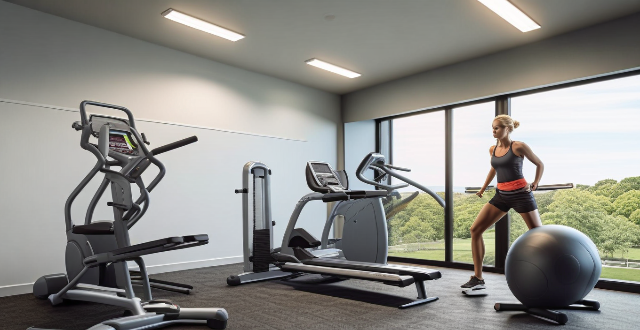Exercise for the elderly has several psychological benefits, includingExercise for the elderly has several psychological benefits, including symptoms, enhanced cognitive function, including mood improvement, reduced depression symptoms, enhanced cognitive function, increased social interaction, and better sleep quality. Regular physical activity boosts endorphins, reduces anxiety and stress, improves brain health, delays age-related cognitive decline, promotes community engagement, increases independence, and regulates sleep patterns. These benefits contribute to better mental health and well-being in older adults.

Psychological Benefits of Exercise for the Elderly
Regular exercise is not only beneficial for physical health but also plays a significant role in enhancing psychological well-being, especially among the elderly. Here are some of the key psychological benefits of exercise for older adults:
Improved Mood and Reduction in Depression Symptoms
Boosts Endorphins
- Endorphins are often referred to as "feel-good" neurotransmitters that act as natural painkillers and contribute to feelings of happiness and euphoria.
- Engaging in regular exercise can lead to an increase in endorphin levels, which can help improve mood and reduce symptoms of depression.
Reduces Anxiety and Stress
- Physical activity has been shown to reduce levels of stress hormones such as cortisol.
- By reducing stress and anxiety, exercise can help improve overall mental health and promote a sense of relaxation and tranquility.
Enhanced Cognitive Function
Improves Brain Health
- Regular exercise has been linked to increased blood flow and oxygenation to the brain, which can help maintain cognitive function.
- It may also stimulate the growth of new brain cells and improve connections between them, leading to better memory, attention, and problem-solving abilities.
Delays Age-Related Cognitive Decline
- Studies have suggested that regular physical activity can help delay or even prevent age-related cognitive decline and dementia.
- This is particularly important for older adults who are at higher risk of developing these conditions.
Promotes Social Interaction and Community Engagement
Group Activities and Classes
- Many seniors participate in group exercises or classes, providing opportunities for social interaction and building a sense of community.
- This social aspect can help combat feelings of isolation and loneliness, which are common issues among older adults.
Increased Independence and Confidence
- Regular exercise can improve physical strength and mobility, allowing seniors to maintain their independence and perform daily activities more easily.
- This increased independence can boost self-esteem and confidence, further enhancing psychological well-being.
Better Sleep Quality
Regulates Sleep Patterns
- Exercise has been shown to regulate sleep patterns by promoting deeper, more restful sleep.
- Better sleep quality can lead to improved mood, energy levels, and overall mental health.
Reduces Insomnia Symptoms
- Older adults often experience disruptions in their sleep patterns, including insomnia.
- Regular exercise has been found to reduce the severity and frequency of insomnia symptoms, contributing to better psychological health.
In conclusion, regular exercise offers numerous psychological benefits for older adults, including improved mood, enhanced cognitive function, increased social interaction, and better sleep quality. These benefits play a crucial role in maintaining overall mental health and well-being as individuals age.